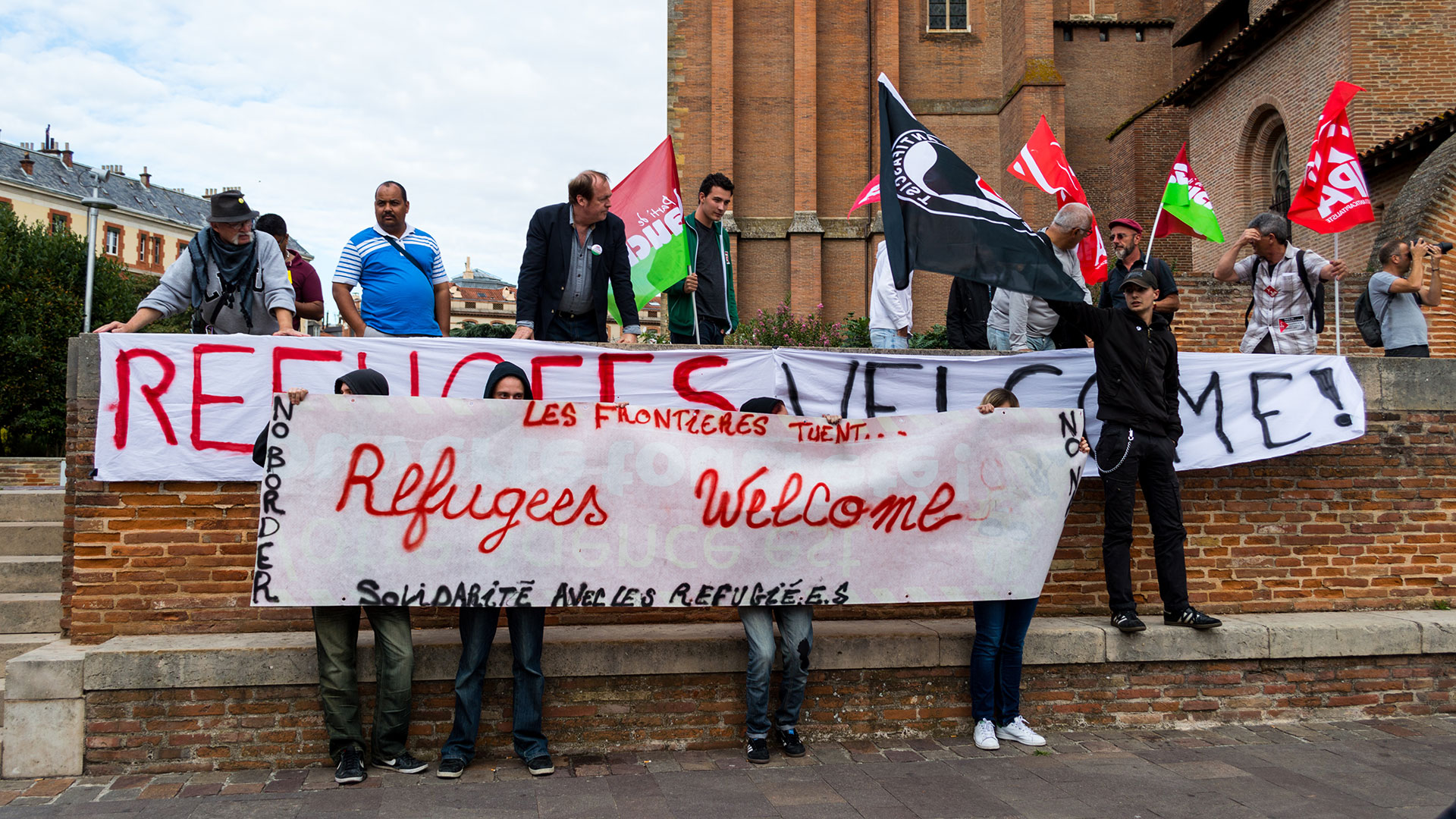Accommodating one million refugees in a single year is no easy task, even for a continent the size of Europe. In the first 10 months of last year, 995,000 first-time asylum applications were submitted to EU countries. And every day seems to offer another grim tale of culture clash.
In Denmark, MPs are debating whether to seize asylum claimants’ valuables, while Danish nightclubs are banning new migrants by imposing language rules on the door. In Germany, the town of Bornheim banned asylum seekers from using its public pool for a few days. And here in the UK, the doors of houses used by asylum seekers in Middlesbrough are to be repainted after claims they were targeted for harassment because the colour red marked them out.
It’s hard to be optimistic that the worst flashpoints are behind us, since national leaders and EU institutions appear to be overwhelmed by border issues. They are still struggling to work out where people go, on what basis you allow people to stay, and on what basis you try to stop more people coming in.
The stakes are high. European Council President Donald Tusk has said the EU has “no more than two months” to tackle the migration crisis or the Schengen Agreement that allows free movement will collapse. European leaders have tended to look at all this as a problem of legal structures.
Perhaps they should focus on something else: money. The International Monetary Fund (IMF) offered Europe some interesting advice last week, saying refugees could help boost the continent’s sluggish economic growth. The IMF’s economists said the huge influx is likely to result in a “modest increase in GDP growth” in the short term, due to higher state spending on housing and benefits for asylum seekers.
The sooner the refugees gain employment, the more they will help the public finances
This won’t win over too many euro-sceptical hearts and minds. If you worry about your country spending money on foreigners, if you worry about how foreigners are going to fit in, you really don’t care about how economists calculate gross domestic product.






